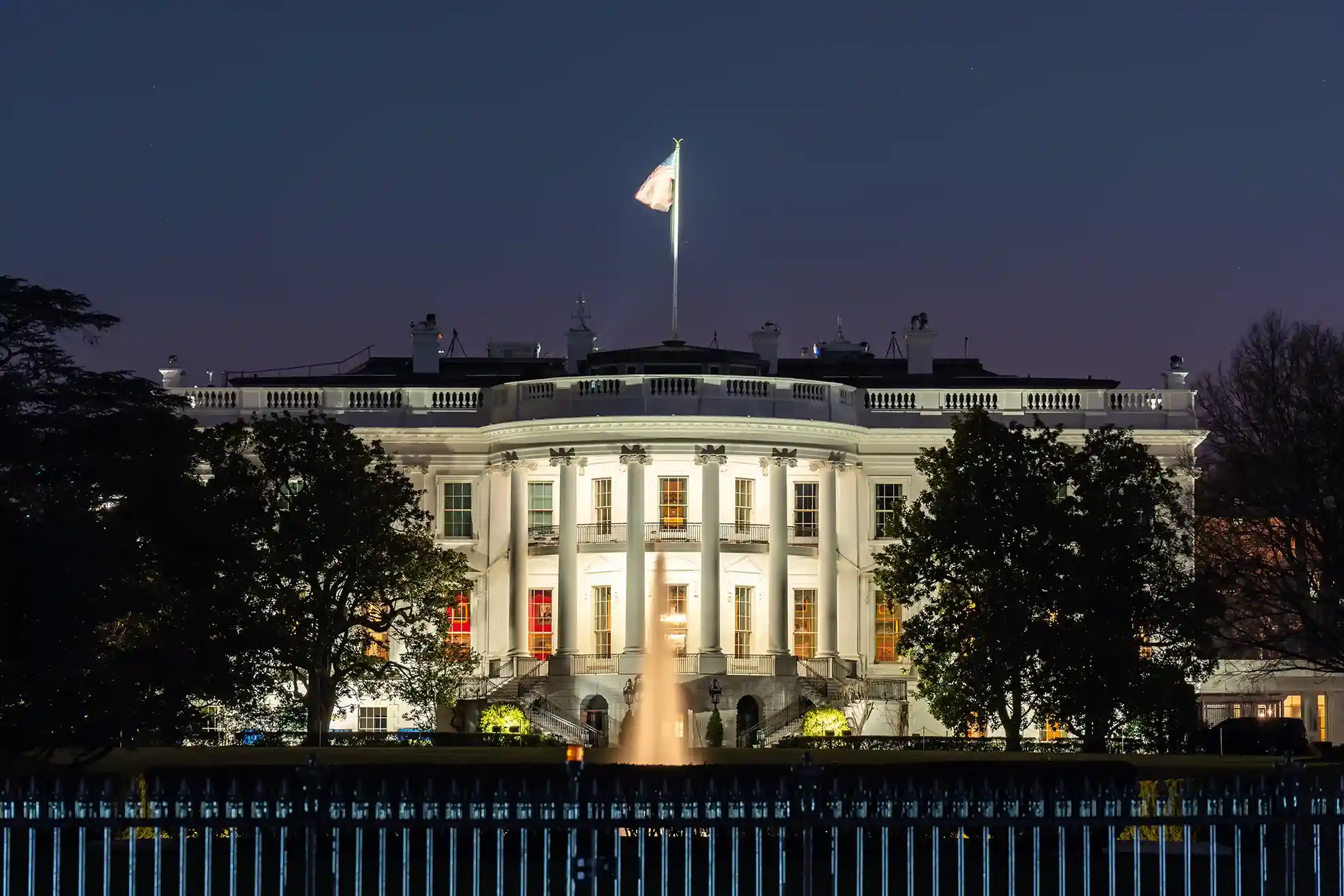SUMMARY
Policy changes aren’t immediate after the election – With a new administration going into the White House next year, there are certainly going to be policy changes made, but how quickly does an agenda turn into laws and policies? Mike Walther shares why it might not be as immediate as many think.…
(watch video below)
The seemingly never-ending stream of political ads, text messages, and phone calls has finally ended. Social Media is now creating hysteria around dramatic changes that are on the horizon. However, we need to remain calm and remember that policy changes will not be felt for quite some time. The new administration may WANT to make some immediate changes, but the process for turning an agenda into law can take anywhere from months to years. This allows those who will be affected by the change to begin planning. The SECURE Act of 2019, for example, was first introduced in March of 2019 and signed into law nine months later in December. While some changes took effect the following year in 2020, the bulk of the provisions didn’t take effect until the SECURE Act was updated in 2022 to SECURE 2.0 and began to be implemented in 2023. Similarly, the Inflation Reduction Act of 2020 includes provisions that won’t go into effect until 2026. These examples illustrate how long it takes for major policies to be implemented. If you anticipate new policies impacting your family’s plans for the future, we encourage you to start evaluating your options now. Being proactive will help you remain on track for achieving your long-term goals. Be sure to involve your trusted advisors in your planning to ensure that any adjustments to your planning are made thoughtfully. Please contact your advisor if you have any questions about your financial plan. We want you to feel confident about your future.
The post Election Outcomes Won’t Result in Immediate Policy Change appeared first on Oak Wealth Advisors, LLC.





